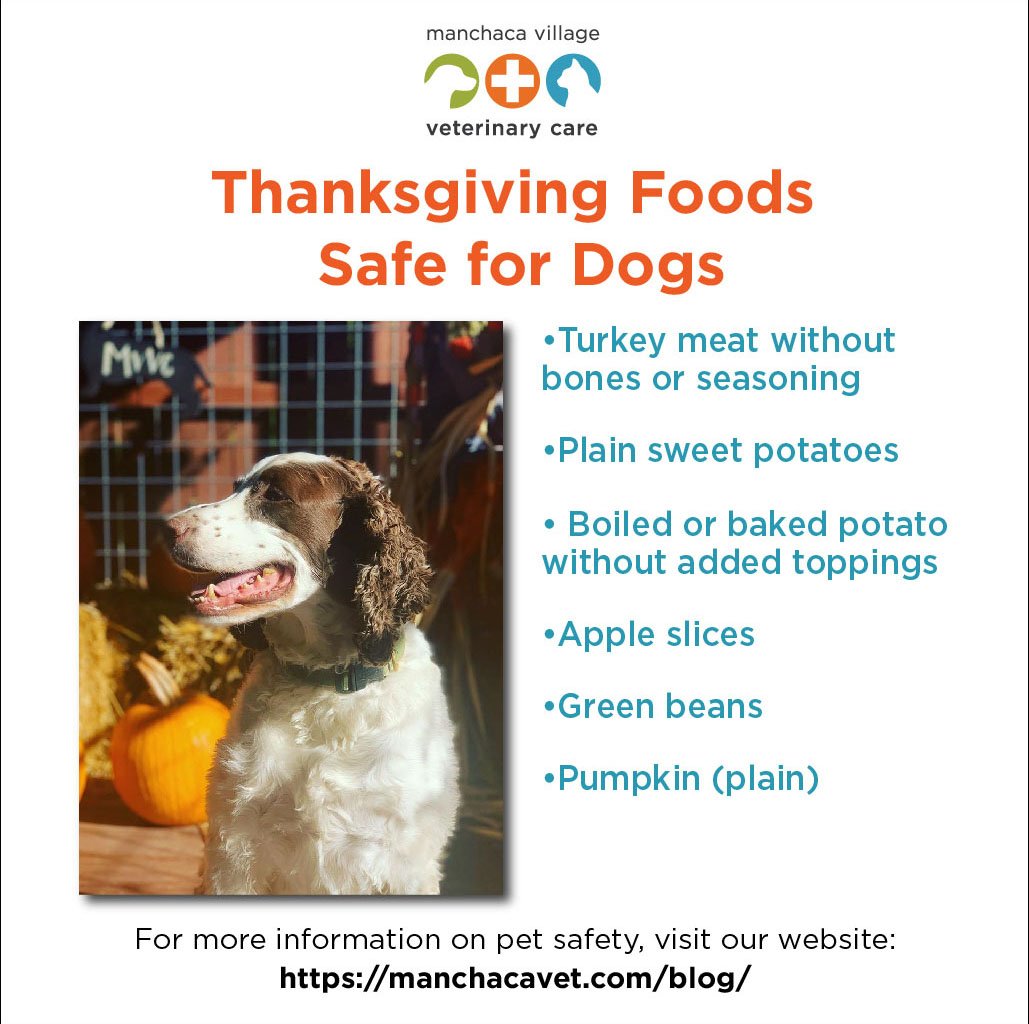I was recently at a book signing for our international award-winning books, Hogan’s Hope. A visitor who stopped by saw us with ice cubes for our two pups and warned that this was “dangerous.” Hearing this made me dig in and do some research. All the articles and information pointed to the myth of this statement or belief.
This is the best of all the articles I read and now share it with you. Many thanks to Nicole Sipe
By: Nicole Sipe
As we’re about to enter the dog days of summer, you might have seen emails or Facebook posts warning dog owners that giving dogs ice and ice water can harm them or potentially kill them. It’s a downright terrifying rumor that has some dog owners scratching their heads and wondering whether to nix the ice or suffer the consequences. But is there any truth to this Internet urban legend? According to veterinary experts, the answer is absolutely not.
The cautionary tale (titled “NO ICE WATER FOR DOGS…PLEASE READ ASAP“) was written in 2010, but the rumor been circulating since 2007. It centers on a dog named Baran, and his owner who unthinkingly added ice cubes to one of Baran’s dog bowls to help him cool off on a hot day. Shortly after, Baran appears to be in distress and is rushed to the animal hospital. The veterinarian tells the owner that the ice water caused the dog to experience violent muscle spasms in his stomach, which led to bloating. Bloat—also known as gastric dilation-volvulus—is a life-threatening condition in dogs.
Experts believe that dogs can bloat after eating or drinking too fast in general, regardless of the temperature of the water or whether or not the water contains ice cubes. When a dog is hot and thirsty, he very likely might drink the water too fast—and swallow lots of air in the process—which can be a recipe for bloat. When a dog’s stomach bloats, it twists and traps air, gas and food, cutting off the blood supply to the stomach and nearby organs. The dog’s stomach then becomes distended, and without immediate help, the dog can suffer from shock or organ failure, or even die.
Large-breed dogs with deep chests are most at risk, because there is room for the stomach to twist, warns veterinarian John Geller. German Shepherd Dogs, Great Danes, Saint Bernards, Standard Poodles, Golden Retrievers, and Irish Setters are at high risk for bloat.
Don’t Cool a Dog Off Too Fast — Water or Otherwise
If your dog becomes overheated, it’s important to cool your dog off gradually, says Geller. Dog owners should initially use a wet towel to cool off any dog suspected of heat stroke or overheating, and then gently mist them off (do not spray them or submerse them in water).
“Do not soak the dog in ice water,” says Ruth E. Chodrow, V.M.D., of At-Home Pet Care, a pet house-call service. “Ice water will close the capillaries of the skin, preventing cooling of the internal organs.”
A fan can be used to help increase evaporative cooling, and the dog can lay on a cool floor surface. Once the body temperature is gradually reduced to 103 degree Fahrenheit, further cooling efforts are not necessary. If a dog is cooled off too quickly, they can go into shock and organ failure.
Bloat in Dogs
Now that we know ice cubes and ice water don’t cause bloat in dogs, go research the causes, prevention, and treatment for bloat.



